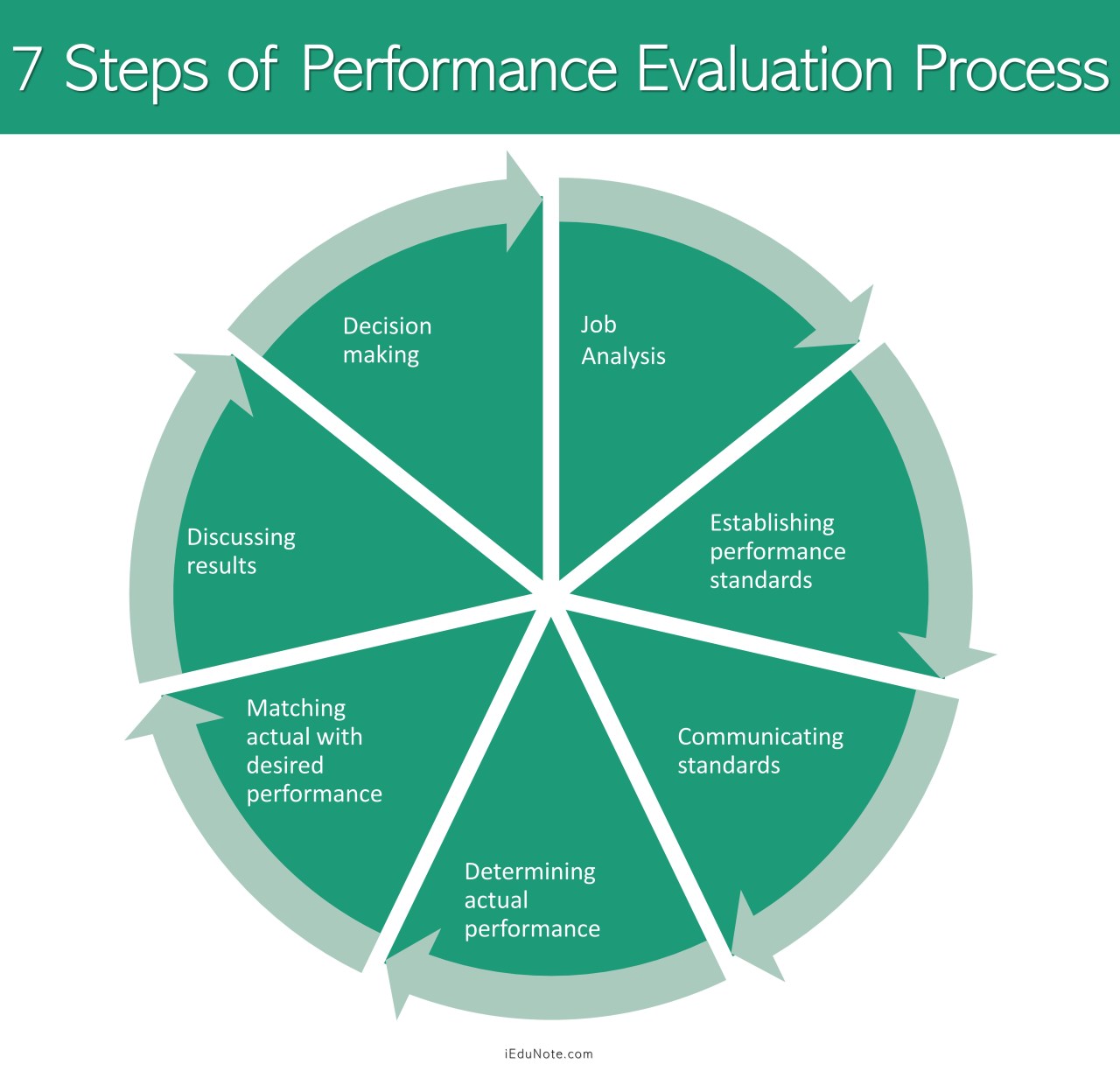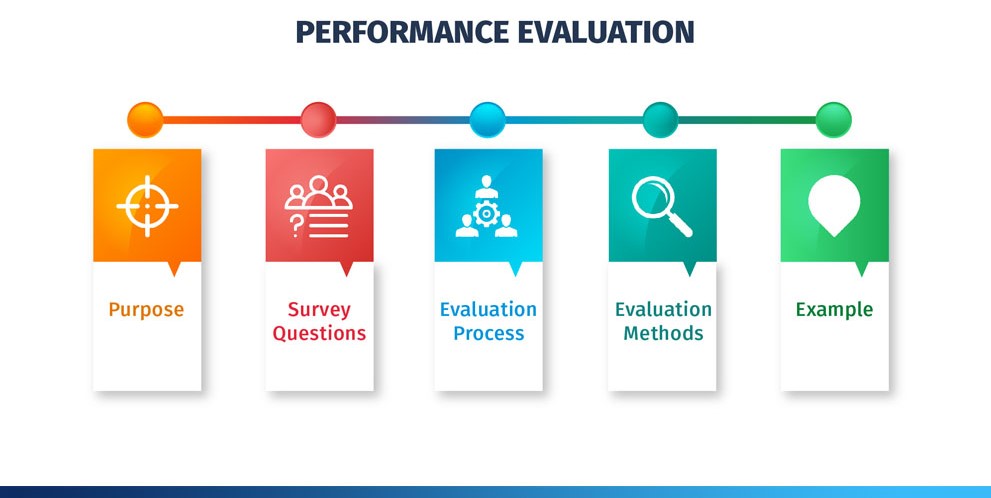
Performance evaluation:
Performance evaluation is the process by which external organisations, internal bodies at the in titutions, managers or experts examines and evaluates the performance of academic staf, therir behavior and performance of the institution, by comparing it with standards, documents the results of the comparison and uses the results to provide feedback to the management bodies to show where improvements are needed and why.
IQE performs two performace evaluation processes:
- Institutional Performance Evaluation (IPE) is a process initiated by HEI to measeure and evaluate the performance against quality standards to ensure and promote quality education. The purpose of evaluation is to check the system in a more formal way to identify its strengths and weaknesses so as to bring improvement in its processes and practices.
- Personal Performance Evaluation (PPE) is a process initiated by Academic Senate, Rector of HEI to measeure and evaluate the performance of each empolyer against quality standards to ensure and promote individual performance and carrier. The purpose of evaluation is to check the mechanismes and ways how the academic staff, administrative staff and supported staf contribute in overall institutional performance.
Performance evaluation is a systematic process of evaluating how well employees are performing their jobs. The appraisal is based on results obtained by the employee in his/her job, not on the employee’s personality characteristics. It is a developmental tool used for all-round development of the employee and the organization. The performance is measured against such factors as job knowledge, quality and quantity of output, initiative, leadership abilities, supervision, dependability, co-operation, judgment, versatility, and health. Assessment is confined to the past as well as potential performance also.
-
Performance evaluation is a system of review and evaluation of an individual or team’s job performance. An effective system assesses accomplishments and evolves plans for development.
Methdology:
- Job Analysis (academic-research-administrative contribution)
- Establishing performance standards.
- Communicating the standards.
- Determining the actual performance.
- Matching the actual with the desired performance.
- Discussing results.
- Decision making.

